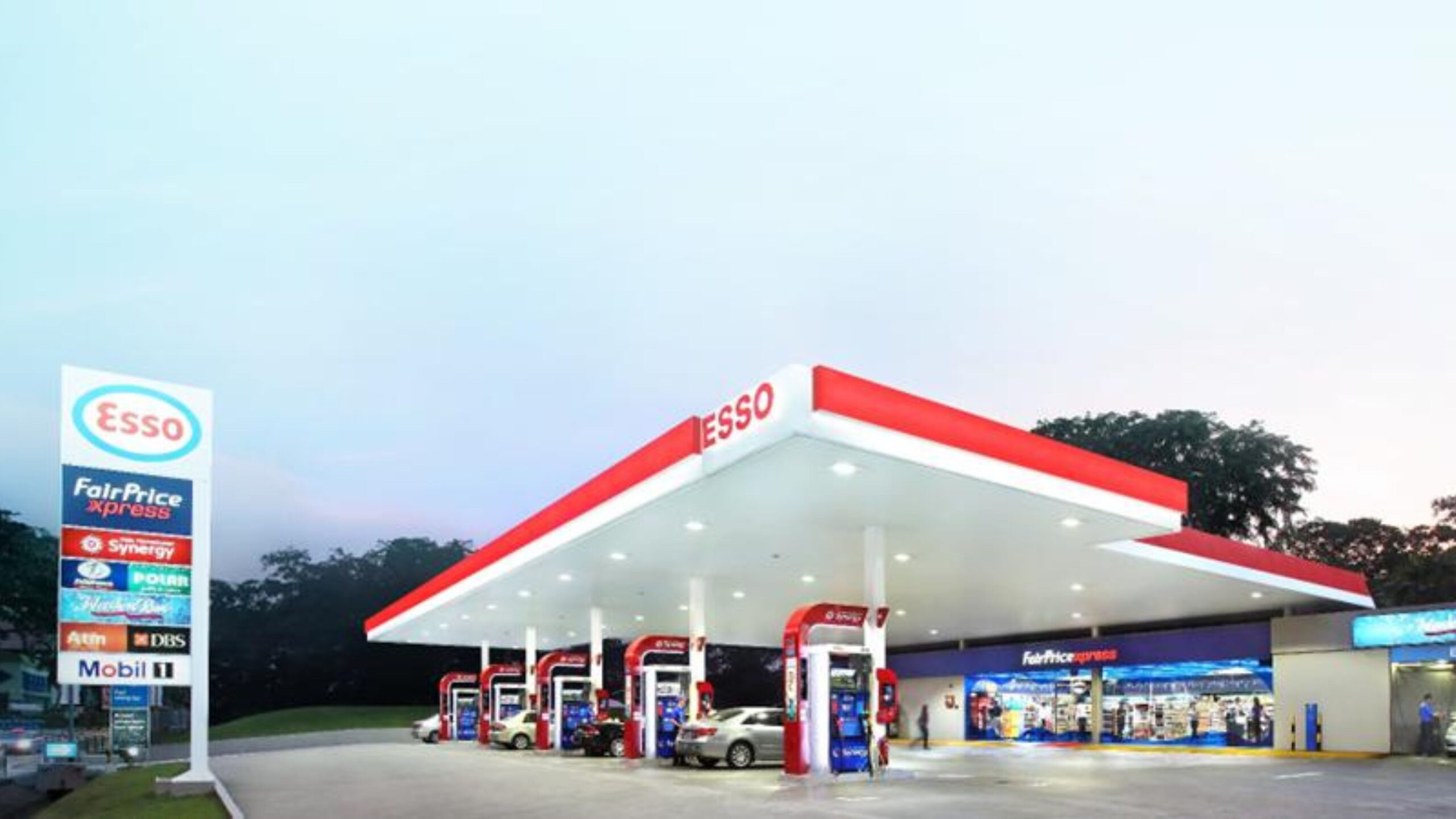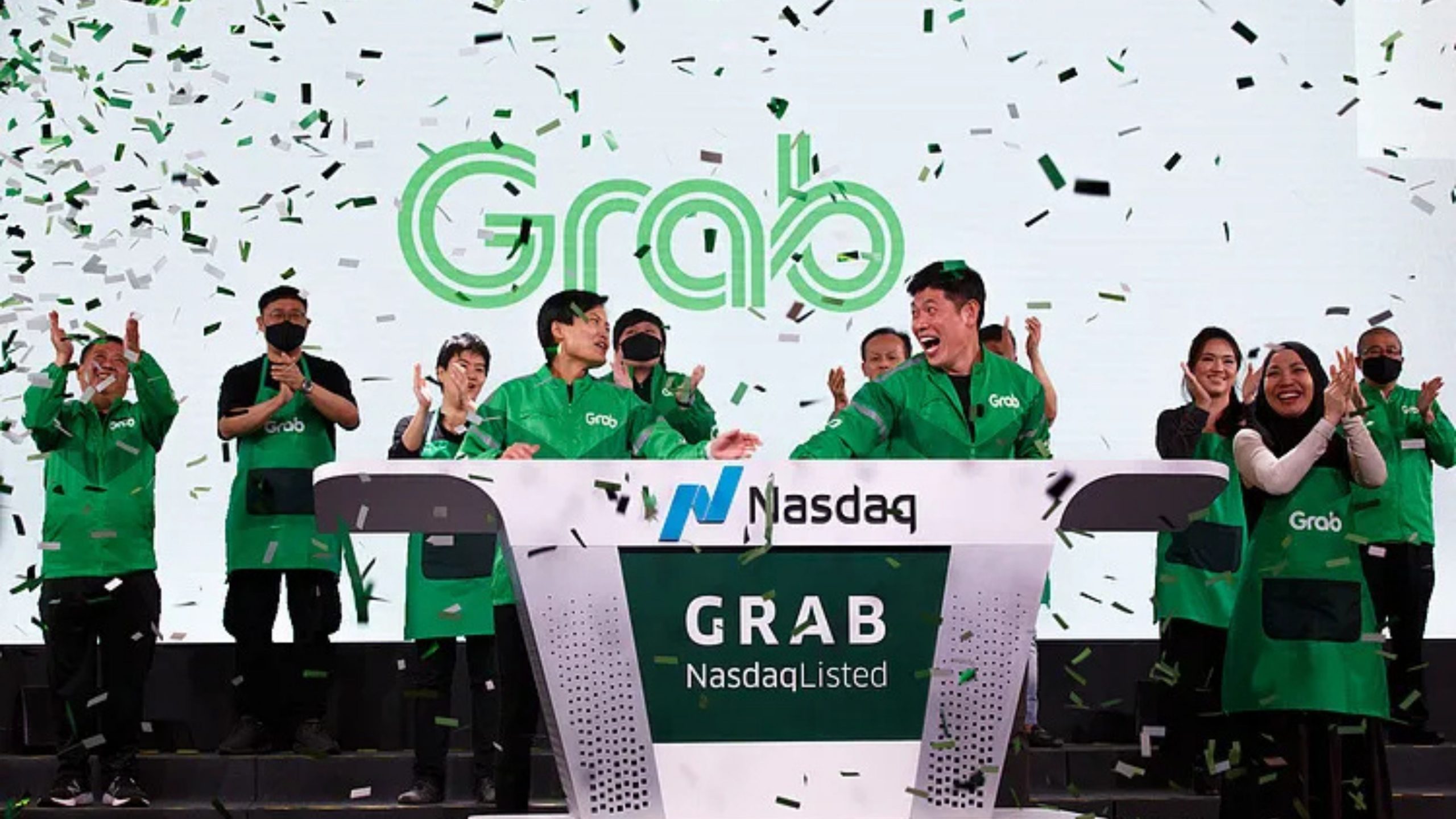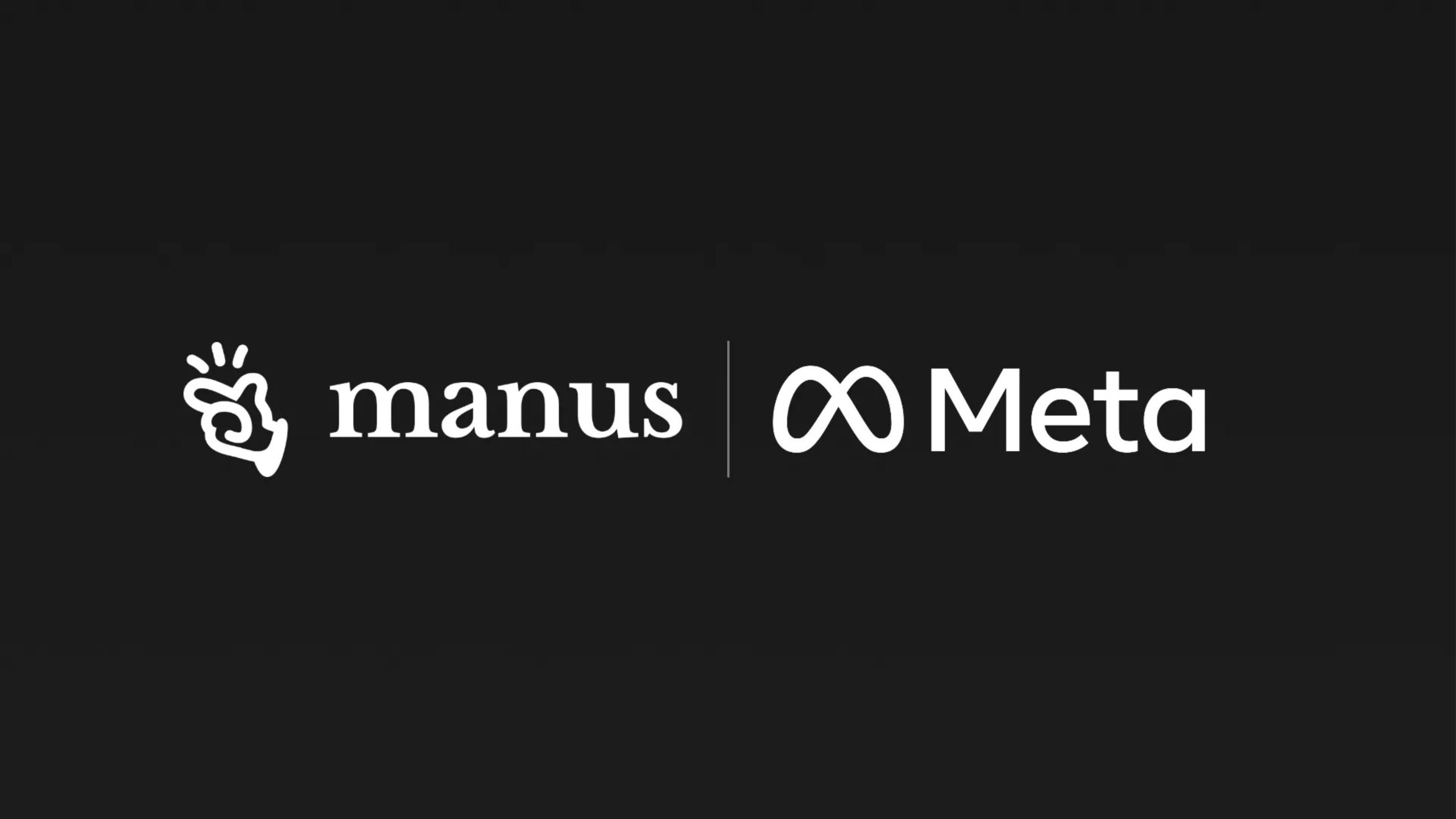AsiaTechDaily – Asia's Leading Tech and Startup Media Platform

Did Chandra Asri just buy Singapore’s forecourts — and why it matters?
Indonesia’s petrochemicals group agrees to buy ExxonMobil’s Esso retail network in Singapore — a move that deepens its regional footprint, links refineries to retail, and raises strategic questions about fuels, EVs and downstream margins.
Indonesia’s Chandra Asri Pacific has agreed to acquire ExxonMobil’s Esso retail fuel business in Singapore, covering about 60 service stations and associated supply agreements. The acquisition, which will be carried out through a wholly owned subsidiary, is scheduled for completion by the end of 2025, subject to regulatory approvals. The company did not disclose the purchase value.
The acquisition expands Chandra Asri’s existing presence in Singapore, where the group — through its Aster Chemicals and Energy joint venture with Glencore — already operates refinery and petrochemical assets including the Bukom and Jurong Island complexes. Company leadership says the move aligns with a long-term strategy to build an integrated energy and mobility platform across Southeast Asia.
What the deal actually does (the practical facts)
- Assets: ~60 Esso-branded stations plus supply agreements; Exxon will continue to supply fuel to the network during and after transition.
- Operations: Chandra Asri will keep the Esso brand at the pumps, honour existing loyalty programmes, and take on relevant Exxon staff to maintain continuity.
- Timing & approvals: Expected to complete by end-2025, pending regulatory clearances in Singapore.
Strategic rationale — why Chandra Asri is buying retail stations
At first glance this is a classic downstream vertical move: owning stations links refining and trading operations directly to retail margins. For Chandra Asri, which has recently scaled up its Singapore footprint via the Shell Bukom purchase, the fuel network offers three practical benefits:
- Control over distribution: direct access to retail channels helps the group place its refined products and manage margin capture across the value chain.
- Scale and market presence: the stations give a physical retail presence in a wealthy, well-regulated market and a brand platform (Esso) to serve regional customers.
- Operational synergies: with existing refinery and petrochemical assets nearby, logistics, fuel supply and supply-chain integration become easier and potentially cheaper.
What ExxonMobil gains — and why it’s selling
ExxonMobil frames the move as portfolio optimisation. The sale fits a wider strategy to streamline downstream retail exposure while retaining manufacturing and global supply operations on Jurong Island. The firm has said it will shift toward a branded wholesale model in some markets — supplying fuels but stepping back from direct retail ownership. This approach reduces capital tied in retail stations and focuses Exxon on higher-return refining, trading and petrochemical activities.
The transaction also follows Exxon’s recent global restructuring plans and prior exits from retail networks in the region (for example, the sale of its Thai retail business in 2023). The company has indicated ongoing workforce adjustments in Singapore as it refocuses operations.
Risks and near-term questions investors and operators will watch
- Regulatory approvals: Singapore’s regulators will review the transaction for competition and national-security considerations; timing and conditions could affect deal economics.
- Retail economics vs EV transition: forecourts still matter today, but EV adoption in Singapore will grow. The rate of EV uptake determines future fuel demand and how profitable a retail network will be over a 10–20 year horizon. Chandra Asri itself notes a “managed transition” as EVs scale.
- Integration and staff transition: taking on station operations and retail staff is operationally intensive; maintaining service levels and loyalty programmes during the handover is critical.
- Margin exposure: owning retail assets can improve margins if managed well — but retail fuel is low margin and exposed to global oil price swings and local taxes. The group’s ability to extract synergies from its existing Singapore refining and trading network will matter.
Regional playbook: how this fits Chandra Asri’s broader push
This acquisition follows other big moves: the joint venture with Glencore that bought Shell’s Bukom refinery and downstream plants, which materially increased Chandra Asri’s scale in Singapore and the region. Together, these deals suggest a deliberate strategy: own refining feedstock, petrochemical capacity and now retail outlets — essentially building a vertically integrated regional energy platform. That raises the company from a regional petrochemical firm to an operator with broader mobility and downstream capabilities.
For investors, that model can deliver higher, more stable margins if the group successfully integrates assets and manages capex for refinery upgrades, environmental compliance and retail innovation (e.g., convenience retail, EV charging). But it also raises exposure to refining cycles, carbon policy and the pace of demand transition.
What to watch next
- Regulator signals and any conditions attached to approval.
- Timelines for full transfer of operations and staffing details.
- Commercial plans for modernising forecourts (EV chargers, retail partners) and how Aster/Chandra will route refinery output to the pumps.
- Follow-on M&A: whether Chandra Asri pursues additional retail roll-ups in the region to deepen its mobility network.
Conclusion — strategic logic, not a simple retail buy
The Esso acquisition is more than a retail roll-up: it’s a tactical extension of Chandra Asri’s recent industrial moves in Singapore. By linking refinery assets, petrochemicals and now retail stations, the group can capture value across the fuel life cycle — but success depends on integration, execution and navigating a shifting demand picture as EVs rise and carbon rules tighten. For readers in Asia’s startup and investor community, the lesson is clear: vertical integration can unlock margins and control, but it brings new operational complexity and transitional risk that require capital, local know-how and regulatory navigation.
Quick takeaways
- Deal: Chandra Asri to buy ExxonMobil’s Esso retail network in Singapore (~60 stations).
- Timing: Expected close by end-2025, subject to approvals.
- Ops: Esso brand to remain; fuel supply from Exxon to continue; relevant staff to transfer.
- Strategic fit: Strengthens Chandra Asri’s integrated refinery-to-retail footprint in Singapore following the Shell Bukom acquisition.
- Watch: regulatory clearance, EV demand trajectory, integration of retail operations and any follow-on regional expansion.



